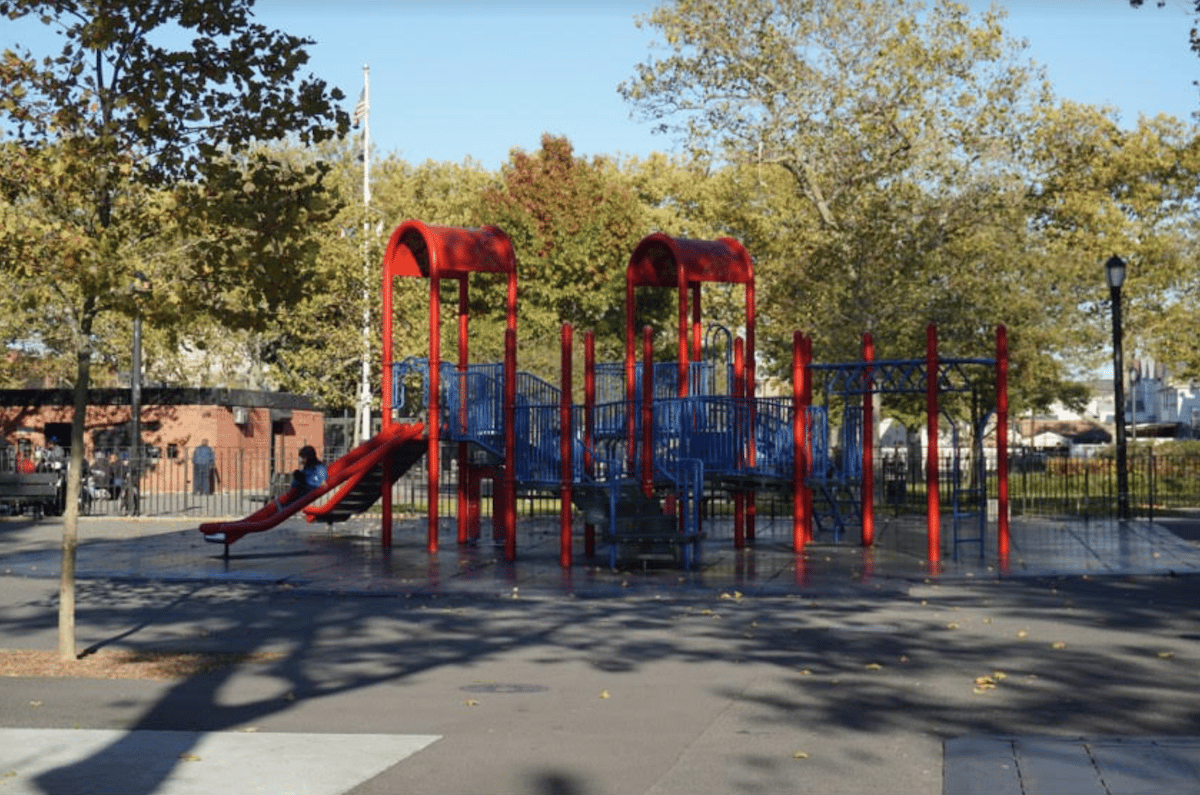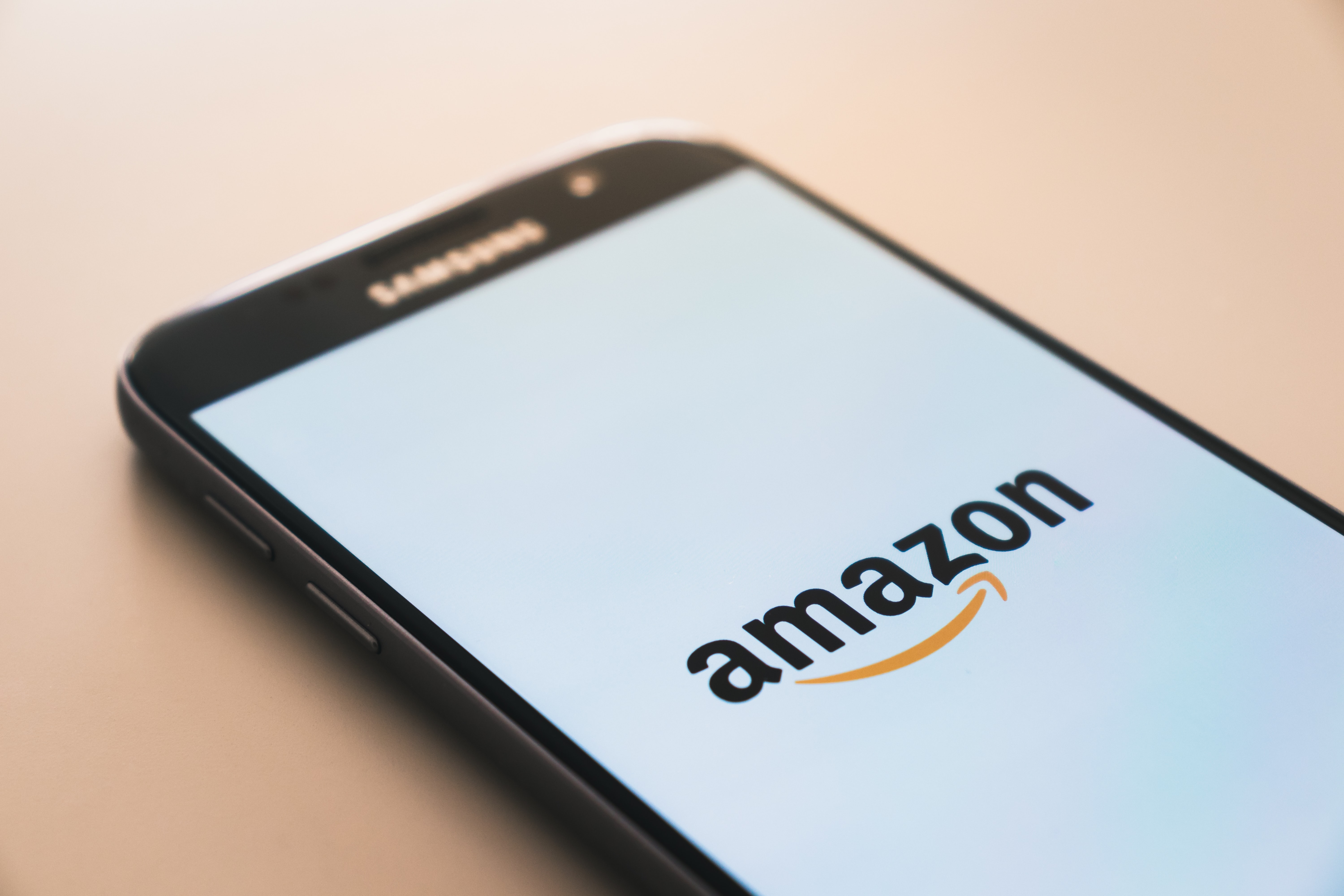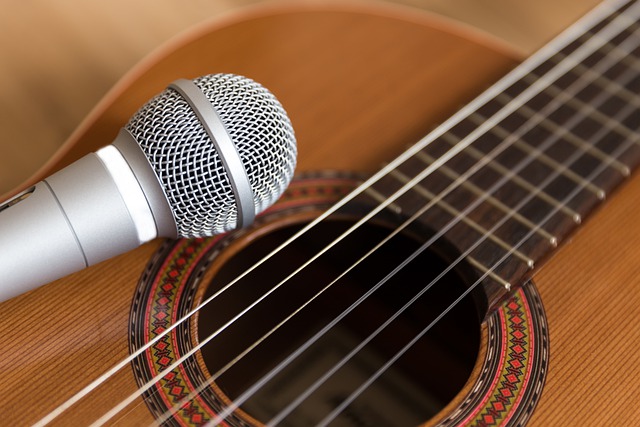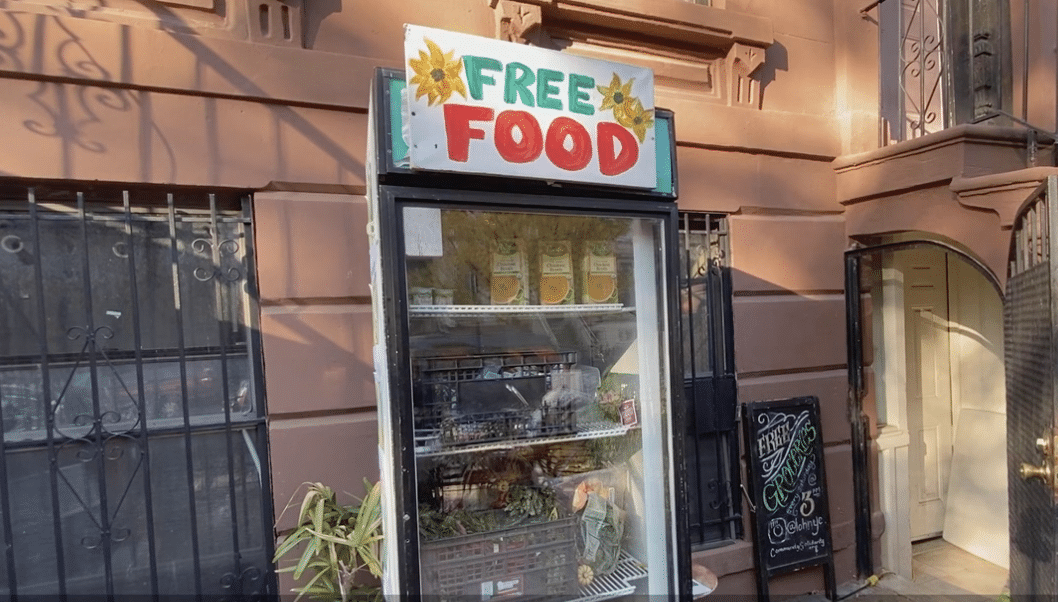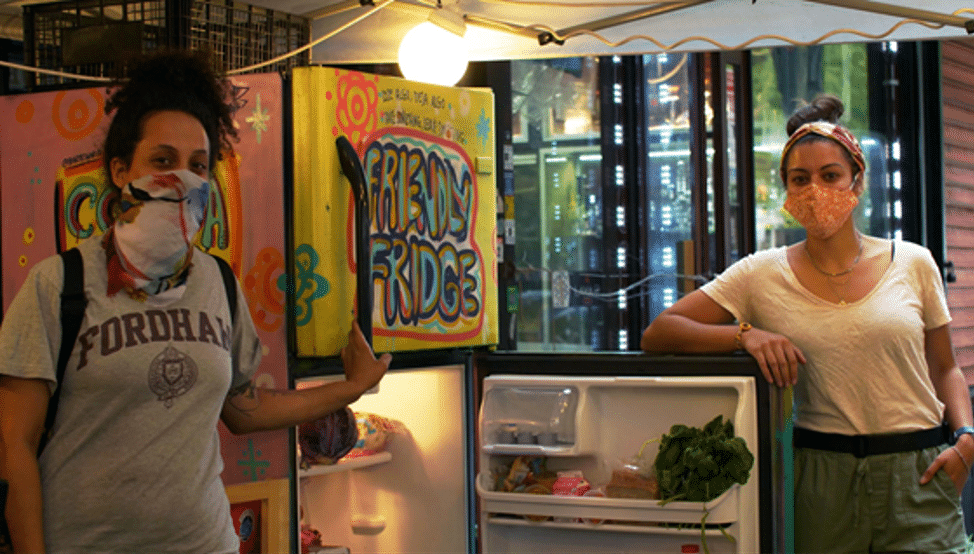On nice days the sounds of Soca, Bollywood, and Chutney, a blend of both, blast from the speakers at Smokey Park in Richmond Hill, Queens. It is is one of the borough’s most popular parks. Neighborhood kids play there and the community holds regular events in the park. “The shows are fun, especially the dances. I think those events are great and bring communities like the Hindu community together,” said Denah Seepersaud, a longtime Richmond Hill resident.
But the increasing presence of homeless people has strained the feeling of fun. Some homeless people sleep in the park, and it makes locals and people who come for these events concerned. Many residents want to clean up the park and help the homeless. They don’t want to kick them out. They want to help them and they just don’t know how. They also worry about safety for children and the community.
“People realized the importance of the park’s safety and security,” said Aleena Knight, a member of the recently formed Friends of Smokey Park. The park was renamed, in 2008, by the city to honor Yankee legend Phil “Scooter” Rizzuto who grew up nearby. But locals stick to the old Smokey name and they want to expand the offerings in the park. They talk about building a cricket pitch, and have plans to run weekly Zumba and Yoga classes. “We want to improve conditions for the children and elders who go there,” Knight said. The city promised money to paint the rails of the children’s playground, put in a new basketball court, and provide proper cleaning equipment.
“We want a community people can enjoy, Juliet Gawpat, another member said, But before anything can take place, Friends of Smokey Park say political leaders should focus on the bigger issue of homelessness in the neighborhood.
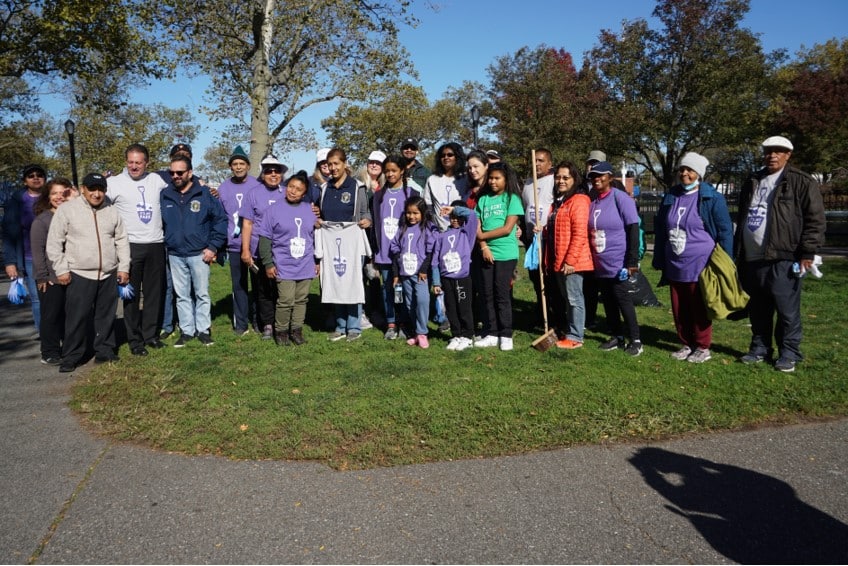
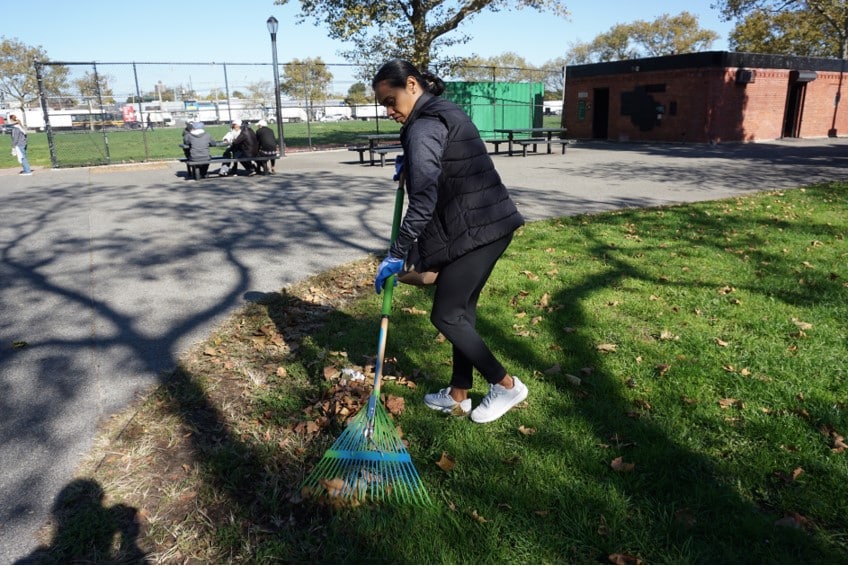
The city does have a drop-in center on 102 Street on Atlantic Avenue. Outreach workers from the center walk around the community to ask people if they need help. They can only offer services, and people have the right to turn them down. But if a homeless person agrees, they’re provided with a meal and a place to stay for the night. The next day, if they don’t want any further help they can leave. Sometimes they get dropped off where they were originally picked up.
Friends of Smokey Park want a long-range plan. But right now, all they can do is call the police who offer services. People still have the right to turn the police down just as they do at the drop-in center.
Community Board 9 District Manager James McClelland understands the backlash politicians like him are facing. “Individuals have various issues, each case is different,” he said. He admits some days are better than others when it comes to getting people off the streets and receiving the proper care they need.
“There’s not just one solution,” McClelland said. It’s frustrating that there’s no direct answer on how to help someone or everyone in these situations.
McClelland isn’t oblivious to how the community feels about the homeless. “There are people who yell and others who report it to help,” he said. “There’s a segment of the population who are fed up, while others are compassionate.” He knows the pros and cons that come with his job. “I wish I had the solution and I am trying,” he said.
He and the community board work with the non-profit Breaking Ground, a homeless housing organization. “They go around with a van and ask people if they want help, but it has to be voluntary,” he emphasized.
City Council Speaker Adrienne Adams represents the area that includes Smokey Park and recently her spokesperson Benjamin Fang said, “Compared to other parts of District 28, Smokey Park hasn’t generated many complaints on homelessness.” But that conflicts with what people see in the neighborhood.
Fang explained that Adams and the city council are looking at the underlying causes of homelessness. “The far-reaching impact of the pandemic has also worsened economic and health challenges for New Yorkers, he said. But he acknowledged that there is a need for immediate action. “Unhoused New Yorkers should be connected with medical services, social supports, and other programs that improve their health and well-being,” he said.
In the meantime, neighborhood people continue to organize and plan to continue their effort to revitalize Smokey Park.
Tags: Aleena Knight Annisha Sing Benjamin Fang New York City Council City Council Speaker Adrienne Adams Community Board 9 District Manager James McClelland Denah Seepersaud Friends of Smokey Park Homeless in parks Juliet Gawpat Smokey Park Richmond Hill Queens Yankee legend Phil "Scooter" Rizzuto
